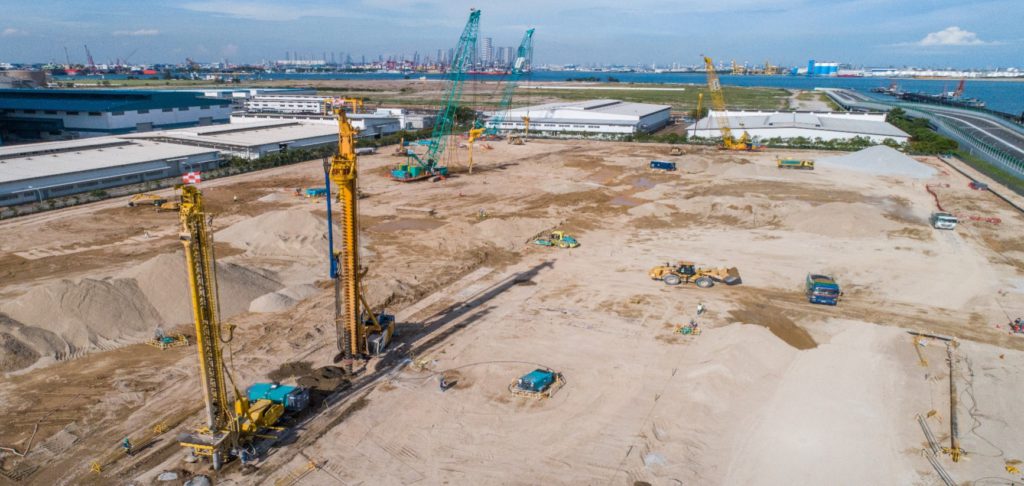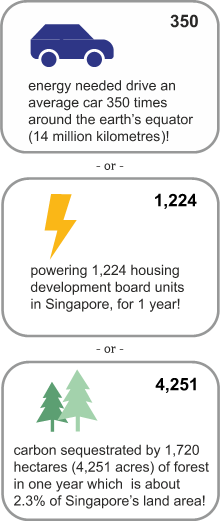Low Carbon Solution at Neste Singapore Expansion

Authors: Selvaganesh Selvaraju, Ravi Kumar and Seah Yeow Teck, Keller
Neste, a global leader producing renewable diesel and sustainable aviation fuel, has invested $1.6B USD to expand the production capacity of its Singapore refinery by 2023. The Singapore Expansion project will increase its total capacity for producing renewable solutions by up to 1.3 million tons.
The Challenge
The site across the expansion project was highly variable and reclaimed. In addition to satisfying the technical performance, schedule and budget requirements, the Keller team was also challenged to develop a low carbon solution to compliment the end product — sustainable aviation fuel.
The Solution
After extensive analysis, Keller engineers were able to leverage the reclaimed land’s amenability to vibro solutions. The two-part solution included densifying the sand layers through vibro compaction, and consolidating and reinforcing the underlying marine clay layers using vibro stone columns. The solution did not consider usage of any cement or steel products.
The Benefits
Keller’s innovative and cost-effective solution with a 75% lower carbon footprint resonated with Neste’s objectives. It also provided flexibility to the structural designers during the construction process.
Total carbon emissions in terms of greenhouse gas (GHG) CO2 equivalents for tanks was about 1,152 t CO2e using vibro techniques versus 4,622 for a typical solution using driven spun piles – a savings of nearly 3,400 t CO2e.
What do these carbon savings mean to the environment?
*The saved emissions is equivalent to:

*Source: EPA calculator at https://www.epa.gov/energy/greenhouse-gas-equivalencies-calculator
